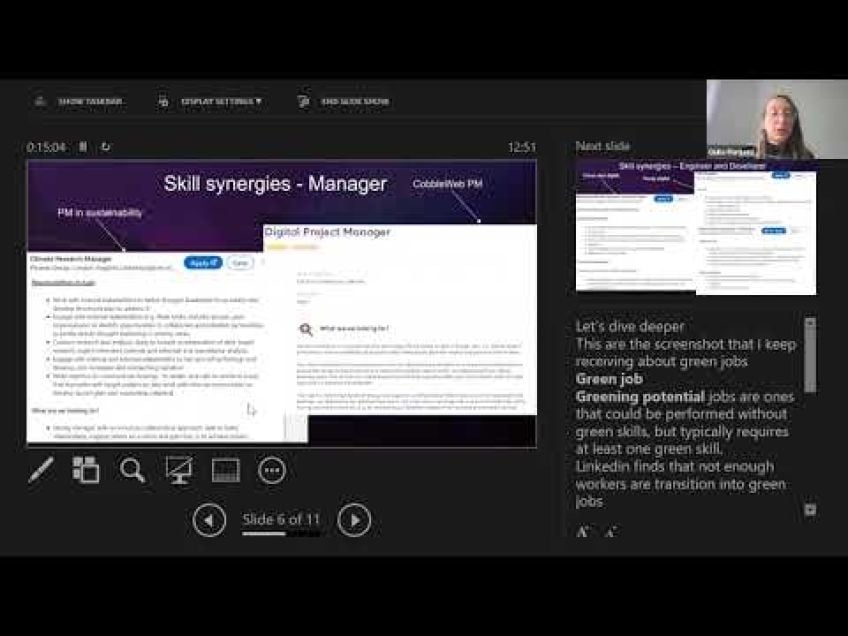- Career Path
- Scientific Software Developer
Scientific Software Developer
Scientific Software Developer
Are you passionate about the intersection of science and technology? As a Scientific Software Developer, you can leverage your programming skills to make a significant impact in the scientific community. In this role, you will work closely with researchers, scientists, and engineers to develop, maintain, and optimize software applications that are integral to various scientific disciplines.
Opportunities
As a Scientific Software Developer, you will have the chance to contribute to cutting-edge research and development projects. Your work may involve creating simulation software for medical imaging, implementing algorithms for scientific data analysis, or developing computational models for climate change research. Additionally, you may have the opportunity to collaborate with cross-functional teams in academia, government agencies, or private research institutions.
Skills Required
To excel as a Scientific Software Developer, you should have a strong foundation in programming languages such as Python, C++, or Java. Familiarity with scientific computing libraries (e.g., NumPy, SciPy) and version control systems (e.g., Git) is also essential. Furthermore, a solid understanding of mathematical concepts and the ability to translate scientific requirements into efficient software solutions are crucial for this role.
As the demand for innovative technologies in scientific research continues to grow, the role of a Scientific Software Developer offers a rewarding and impactful career path for those with a passion for both science and software development.

